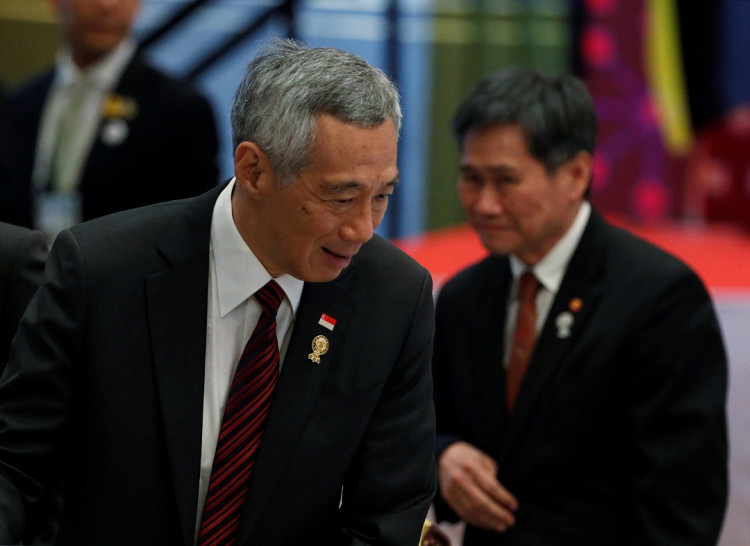Following Hong Kong's issuance of eight new virtual bank licenses to digital bank startups, other Asian countries are now mulling the possibility of duplicating the move in an effort to spur innovation in the financial sector. Singapore, in particular, has announced that it is conducting extensive studies to see if having virtual banks operating in its country would be beneficial.
According to the Singaporean Prime Minister Lee Hsien Loong, the country has seen the potential of having these kinds of banks in active operation. Lee further revealed during his speech at the Smart Nation Summit event in Singapore this week that the city is already conducting a study on allowing virtual banks into the country. Heading the study is the Monetary Authority of Singapore, which will apparently be announcing its findings "very soon."
The prime minister explained that other countries have already begun establishing frameworks for virtual banks to operate. This includes granting licenses to companies without any traditional banking parentage. These banks essentially do not have any type of traditional banking background or support and almost all of them will be operating without any branches or even ATMs.
Lee revealed during his speech that Singapore was committing substantial resources to achieve its "Smart Nation" vision. However, the prime minister explained that the task cannot be completed along, which is why Singapore had started inviting institutions in the private sector to help out.
Singapore has also apparently established a new office that would be focused solely on tackling matters related to the new digital banking industry. The new agency, called the Digital Industry Singapore, will work closely with companies in the sector and assist them is task such as manpower, marketing, and international relations. Singapore expects the new industry to bring in tens of thousands of new jobs as well as millions in revenue for the country.
In March, Hong Kong handed out new virtual banking licenses to a number of digital bank startups backed by Asian tech giants such as Alibaba and Tencent.
Under the license, digital financial institutions would be allowed to operate branchless loans and savings businesses.
Due to the influx of new competitors, traditional banks such as HSBC, Standard Chartered, and the Bank of China Hong Kong have announced new strategies to remain competitive.
Hong Kong's top note-issuers announced that they would be removing minimum balance fees and other account-related fees as part of their strategy. The removal of the penalties is the banks' way of keeping existing customers, who might otherwise transfer to the new digital banks.






